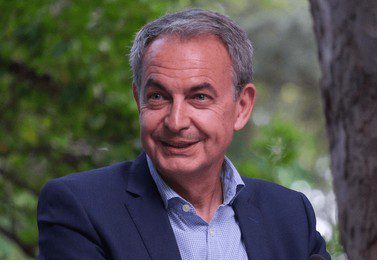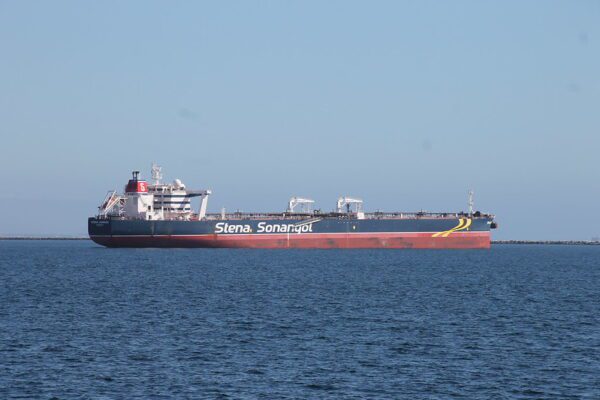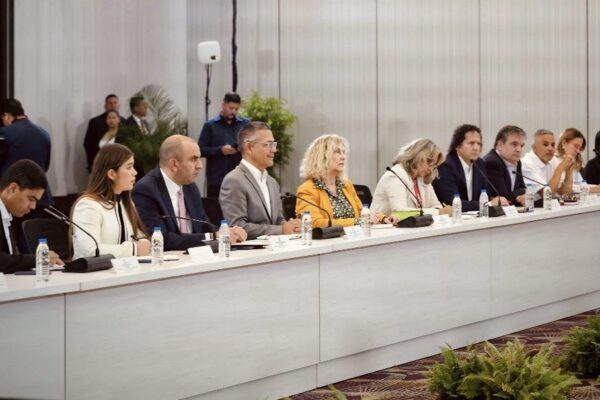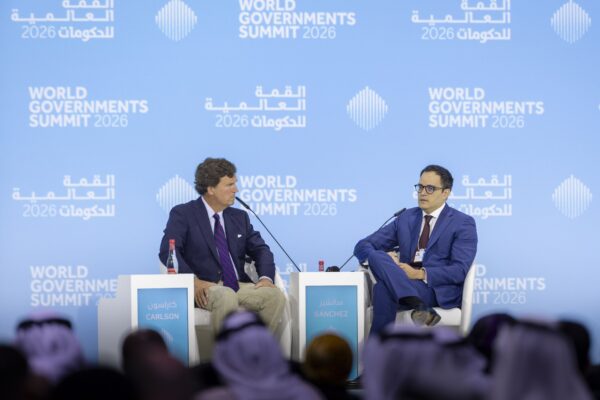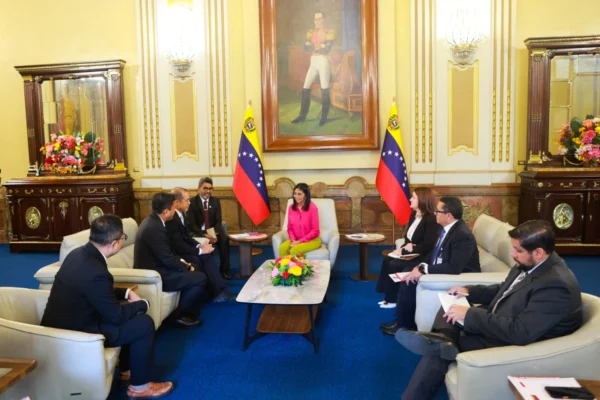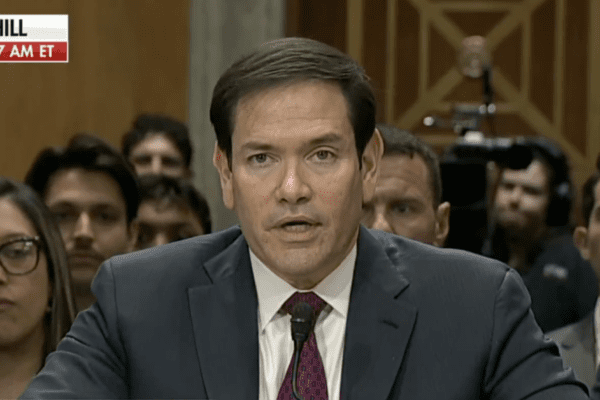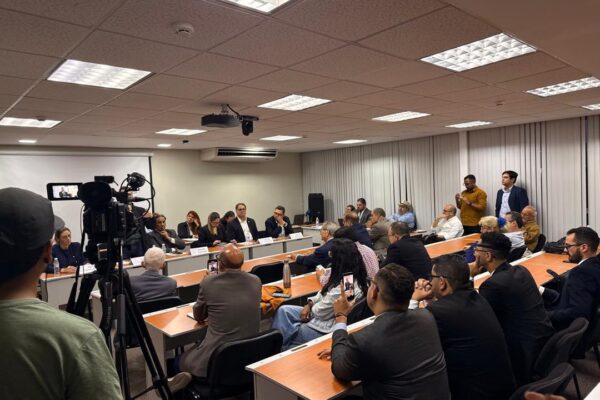
Lawmakers from the Freedom Parliamentary Group hold public consultation on Amnesty Law in Venezuela
During a public consultation organized by the Freedom Parliamentary Group at the Center for Political and Government Studies, lawmakers, experts, and civil society organizations discussed adjustments to the amnesty bill, with emphasis on the release of political prisoners, the need for judicial guarantees, and the protection of adolescents.


